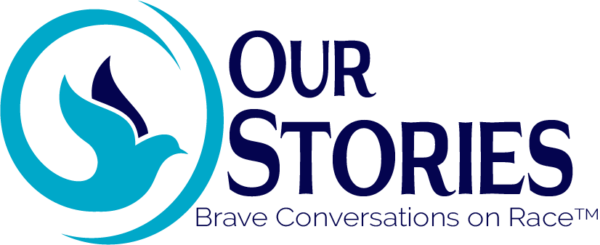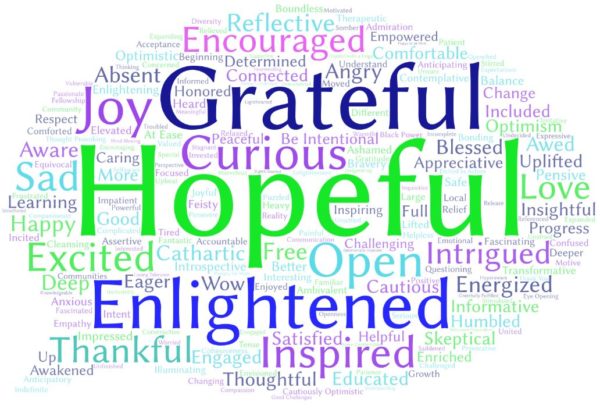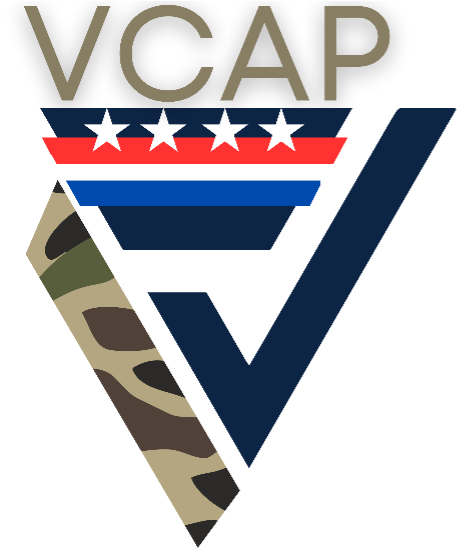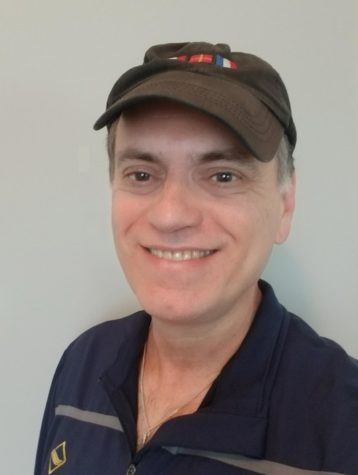 At a time when many pundits are calling this the most divided time in American history since the Civil War, there are a growing number in Wilmington and around the country willing to engage with those of a different race and help close the gap.
At a time when many pundits are calling this the most divided time in American history since the Civil War, there are a growing number in Wilmington and around the country willing to engage with those of a different race and help close the gap.
“Our Stories: Brave Conversations on Race” facilitates conversations among groups of 10 people–five white, five of color, plus two moderators. Participants engage through a series of six Zoom calls or in person meetings, to discuss personal experiences.
“The goal is understanding. A person’s experience is their own. We don’t argue; we listen to understand, and only question to verify,” said Katie Gailes, who co-founded “Our Stories” in the Raleigh area in 2020 with Matthew Kane.
There have been more than 400 participants in the program to date, including 95 in 10 cohorts in the Wilmington area, and some as far away as Ohio, Minnesota, Maryland, California and Texas. Many of the Wilmington contingent gathered downtown September 9 for a summit and to receive graduation certificates from Mayor Bill Saffo.
The “Our Stories” event featured two guest speakers: Linda Thompson, who recapped her experience as Chief DEI Officer for New Hanover County (click box at left on “Diversity Equity & Inclusion”), and Bill E. Lawson, Ph.D., Professor Emeritus at the University of Memphis, who is an expert on racial issues and on the life of abolitionist Frederick Douglass.
Dr. Lawson has written extensively about race over the past four decades, publishing several books including Pragmatism and the Problem of Race, Between Slavery and Freedom, and Frederick Douglass: A Critical Reader.
During his career, Dr. Lawson became a Distinguished Professor of Philosophy at the University of Memphis specializing in social, political, and African American philosophy. In addition, he taught at Spellman College, Montclair State University, West Virginia University, the University of Delaware and Michigan State University. In 2011-12, he was a Fulbright Fellow at the University of Liverpool in the U.K. He also testified before a Congressional subcommittee on welfare reform. He is a Vietnam Vet (1967-69).
In his keynote speech, Dr. Lawson traced the life of Frederick Douglass, beginning with his birth into slavery in 1818 on the Wye plantation on the Eastern Shore of Maryland. (Click “Portrait of Frederick Douglass,” based on Dr. Lawson’s presentation.) In his presentation, he emphasized the role of Douglass’ wife, Anna Murray Douglass, who is not well known despite her critical role in supporting her husband’s career and her own activism.
He said Anna Murray’s obscurity is partly due to the “erasure” of black people. “Many important blacks, especially women and Native Americans have been erased from our history. ‘Erasure’ means removing the history and achievement of a people from the teaching of history.”
During the Q&A, Katie Gailes invited Dr. Lawson to participate in an “Our Stories” cohort to learn about race from a different perspective. Dr. Lawson acknowledged the value of discussions at the individual level, including the positive impact on his wife, Renee Sanders-Lawson, Ph.D. However, he said his approach has always been to respond to racism at the systemic level.
Gailes noted that there is both a ‘head’ approach, and a ‘heart’ approach to racial issues. “‘Our Stories’ is about face-to-face conversations that touch the heart.”
In response to a question, Dr. Lawson cited several assumptions people make about race and wondered how to move people out of such entrenched views. Based on extensive research and personal observation, he said he does not feel optimistic about the direction of race relations in the country.
Following the event, participants expressed thoughts about the impact of the “Our Stories: Brave Conversations on Race” program.

Terri Everett, a member of the Wilmington Rotary Club, talked about the power of conversation and how “Our Stories” is changing perspectives and helping to shift narratives. “The 95 Wilmington graduates are ‘ambassadors’ who can share their experience as they interact with family, friends, and co-workers in the Community,” she said. Everett is a co-founder of the Wilmington chapter (with Allen Quigley) and one of six Wilmington “Our Stories” facilitators.
Alice Rainey, who participated in an online cohort about 18 months ago, said she found the moderated discussions helpful. “You understand that people come to it from different backgrounds and different perspectives.” She said she has made new friends and noted that even though the series lasted only six weeks, her group still meets about once a month.
Rahel Haley, who also moderated the cohort, the 10th in Wilmington, said participants were comfortable with one another after the first session. “They were having deep conversations and laughing together. That’s unusual. Some cohorts connect faster than others. It all depends on the mixture of people, and it’s also about confidentiality.”
“Everyone shows up with an open mind and respect for one another, and learns the value of deep listening. There is a trust built that no one will divulge anything outside of the individual cohort.”
Still she said people are naturally interested in what goes on inside the sessions. The 11th Wilmington cohort is tentatively scheduled for Oct. 9-Nov. 13. To learn more, visit www.ourstoriesonrace.org or email [email protected].







Doug Ensley • Oct 6, 2023 at 9:00 am
Thanks for providing this thoughtful report and valuable resource, Chuck